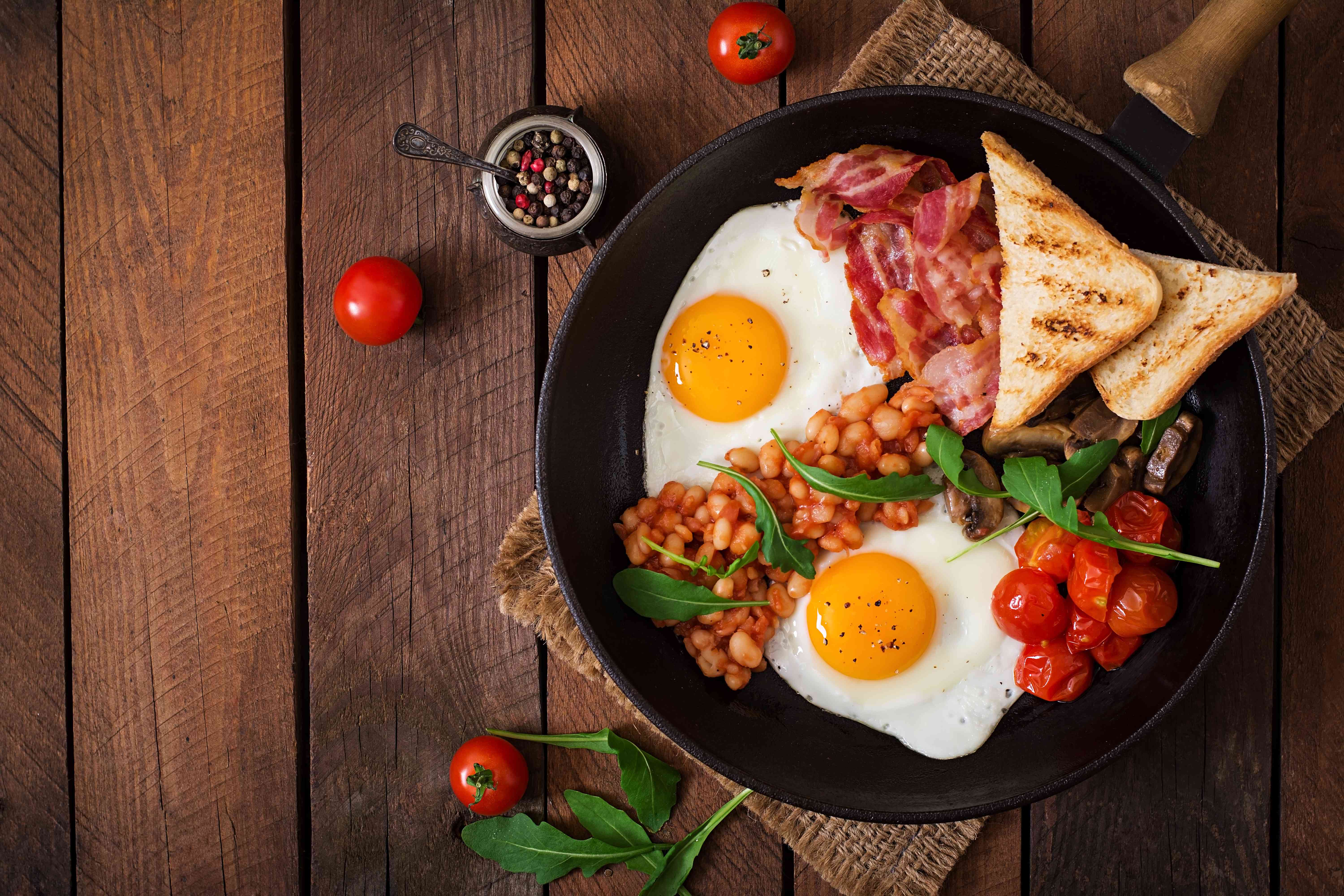

Are you a morning person who loves to start your day with a workout? Or do you prefer hitting the gym later in the day to get your blood pumping? Whichever camp you fall into, one question that often arises is whether it's better to have breakfast before or after your exercise session. When it comes to fueling your body properly for optimal performance and recovery, the timing of your breakfast can play a key role.
In this article, we will explore the pros and cons of having breakfast before or after workouts, helping you make an educated decision based on your goals and preferences. So, if you've ever wondered about the best morning pre-workout meal or if it's okay to hit the gym on an empty stomach, keep reading!
Now let's dive into the reasons why some people choose to have breakfast before their workouts and the benefits it may offer.

Boosting Energy Levels and Performance: Having a pre-workout breakfast can provide you with the fuel needed for more intense workouts and improved performance. High-energy foods like whole grains, fruits, and protein-rich sources can give you the energy boost required to power through your exercise routine.
Reducing Muscle Catabolism: Consuming breakfast before exercise can help prevent muscle breakdown during workouts. Including protein in your pre-workout meals supports muscle repair and growth, ensuring that your hard work in the gym pays off.
Stabilizing Blood Sugar Levels: Eating a balanced meal before exercising can help maintain stable blood sugar levels throughout your workout. Opting for complex carbohydrates combined with protein for sustained energy release can help provide you with the endurance needed to conquer your fitness goals.
While having breakfast before workouts has its benefits, there are also some cons to consider.

Digestive Discomfort: Exercising on a full stomach can cause bloating, cramping, and nausea. Opting for lighter options like smoothies or easily digestible foods can help you avoid these issues while still getting the necessary nutrients.
Time Constraints: Fitting in a proper breakfast before early morning workouts can be challenging. Consider a small snack like fruit or nuts before exercising, or wake up earlier to allow for digestion time.
Personal Preference and Comfort: Individual preferences vary, with some feeling energized with breakfast before workouts and others preferring an empty stomach. Experiment to find what works best for you, paying attention to energy levels and overall well-being. Achieving the right balance between breakfast and workouts is a personal journey of self-awareness and experimentation.

You've just finished a challenging workout, and now it's time to replenish your body with a well-deserved breakfast. Fueling up after exercise can play a crucial role in muscle recovery and replenishing glycogen stores. Let's explore the pros of having breakfast after workouts:
Post-Workout Recovery: After intense physical activity, your muscles need nutrients to repair and rebuild. Consuming breakfast after exercise provides the necessary fuel for this process. Consider protein-rich foods like eggs, Greek yogurt, or protein shakes to support muscle repair.
Appetite Control: Delaying breakfast until after your workout may help regulate your appetite throughout the day. By giving yourself some time before eating, you can tune in to your body's hunger cues and make mindful choices about your meals.

You've explored the benefits of having breakfast before workouts, but what about after? Let's dive into the pros and cons of enjoying your morning meal post-exercise.
Delayed Nutrient Timing: Eating breakfast after a workout may result in a slight delay in nutrient delivery to assist in recovery. To mitigate this, consider consuming a quick post-workout snack like a protein shake or a piece of fruit immediately after your exercise session. This can provide your body with some immediate nutrition while you prepare your complete breakfast.
Low Energy Levels during Workouts: Without having consumed food beforehand, there is a possibility of feeling fatigued during workouts if you choose to delay breakfast until afterward. To combat this, have a small pre-workout snack such as a handful of nuts or a banana to provide some energy without causing digestive discomfort.
Potential Muscle Loss: Delaying breakfast for too long after exercise could lead to muscle breakdown due to the lack of immediate nutrition. It's essential to pay attention to your body's signals and consume nutrients within an appropriate timeframe post-workout.
Remember, adjusting breakfast timing may depend on various factors such as workout intensity, personal schedules, and comfort levels. There's no right or wrong answer, just find what works for you! If you need further guidance in optimizing your pre- and post-workout nutrition, consider seeking personalized advice from a nutritionist or fitness professional.
